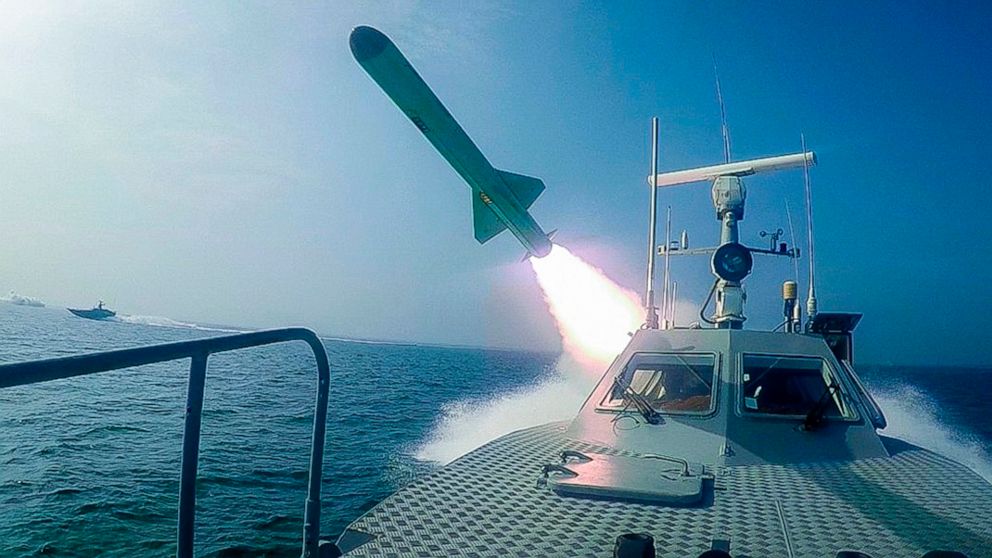
The only diplomatic approach that Washington still knows is to threaten with sanctions. That is a powerful tool — but it does not necessarily lead to the desired results.
The administration of U.S. President Donald Trump is right about one thing: it is a mistake to let the U.N. arms embargo against Iran expire in October, as it was set forward in the 2015 nuclear deal. The Islamic Republic of Iran has proven many times over that it privileges its aggressive and expansive approach to regional politics over stability in the Near East. Militias controlled by The Revolutionary Guard undermine the governments in Iraq and Lebanon, carry out war crimes in Syria, fan the flames of the war in Yemen, and attack Saudi Arabia and ships in the Persian Gulf. The regime’s methods even include terrorist attacks on European soil.
One weakness of the nuclear deal is that it tied the resolution of the nuclear issue to lifting the arms embargo — and thus to the hope that the Islamic Republic of Iran would change its behavior in the spirit of equilibrium with the West. It is moot to reason whether Iran would have behaved differently if the USA had not terminated the deal. But the course of events did not have to look the way it does. It is largely due to the Trump administration’s attempt to try to close what may be the last deal of its time in office.
This push is driven by the duel motivation to make it as difficult as possible for a potential Democratic administration to reopen negotiations with Iran or, in the case of a second term for Trump, to oblige Tehran to agree to a new deal that conforms to his administration’s vision. In doing so, Trump would either leave the Europeans out or force them to do an about-face and follow his course — one of the central goals of hardliners in Washington since the withdrawal from the deal in May 2018.
The Europeans should resist this pressure, even if it leaves behind a deep rift in trans-Atlantic relations. France, Great Britain, and Germany again find themselves on the side of Russia and China — that is worrying, given their hostility toward the EU. But the U.S. is the one that has once again rejected multilateral diplomacy. Instead, the U.S. is trying to take charge of the Security Council and of its allies, with maximum demands along with it. Washington accepts that this propaganda stunt may further damage the Security Council as an institution, as well as the system of U.N. sanctions.
The debacle of the U.S. draft resolution for the arms embargo shows what remains of the United States’ claim to leadership under the isolationist Trump. Besides the U.S., only the Dominican Republic voted for the resolution in the Security Council. The only diplomatic approach that Washington still knows is to threaten with sanctions. That is still a powerful tool, given the global dominance of the U.S. dollar, but it is not necessarily one that always leads to the desired results.
But the Europeans should still be wary of schadenfreude: the escalation with Iran is programmed, even in nuclear issues. Hardliners have long been setting the tone again in Tehran. If Iran can be restrained from irrational overreactions, the nuclear deal could at least still serve as a foundation for new negotiations. But even the Europeans do not have sustainable solutions for dealing with Iran.

Leave a Reply
You must be logged in to post a comment.